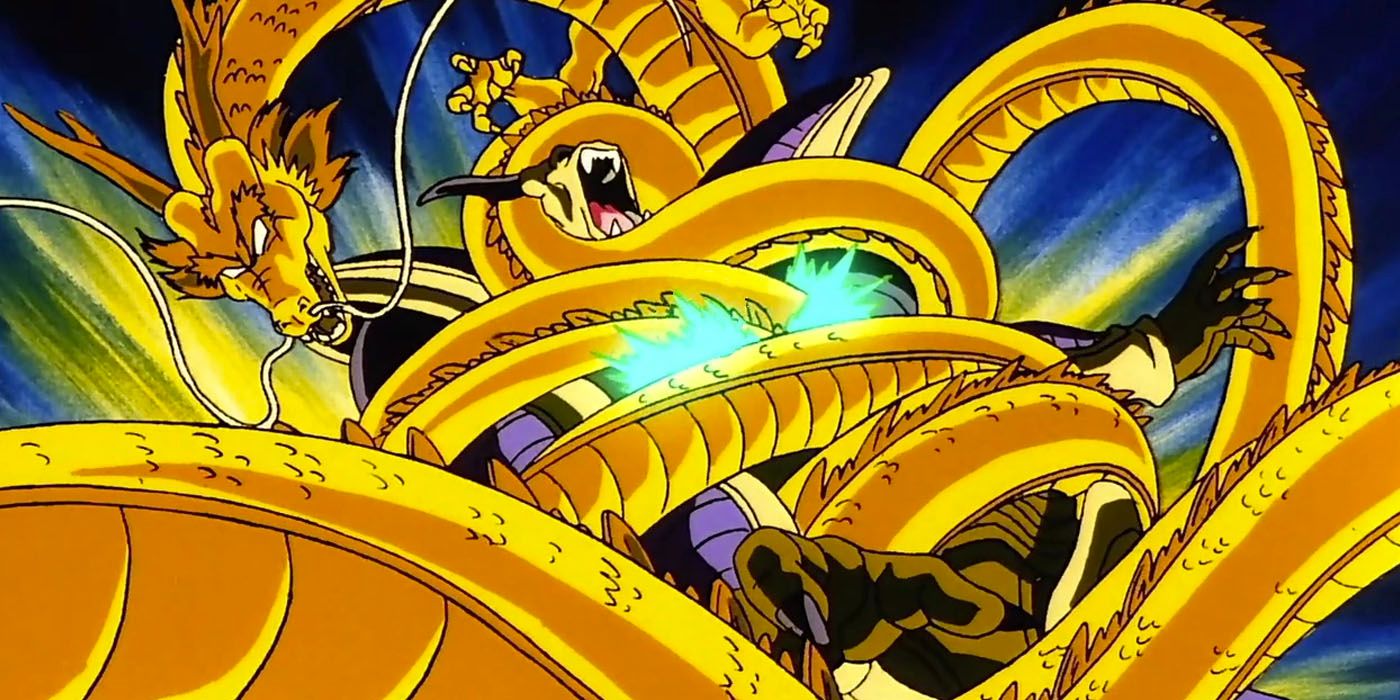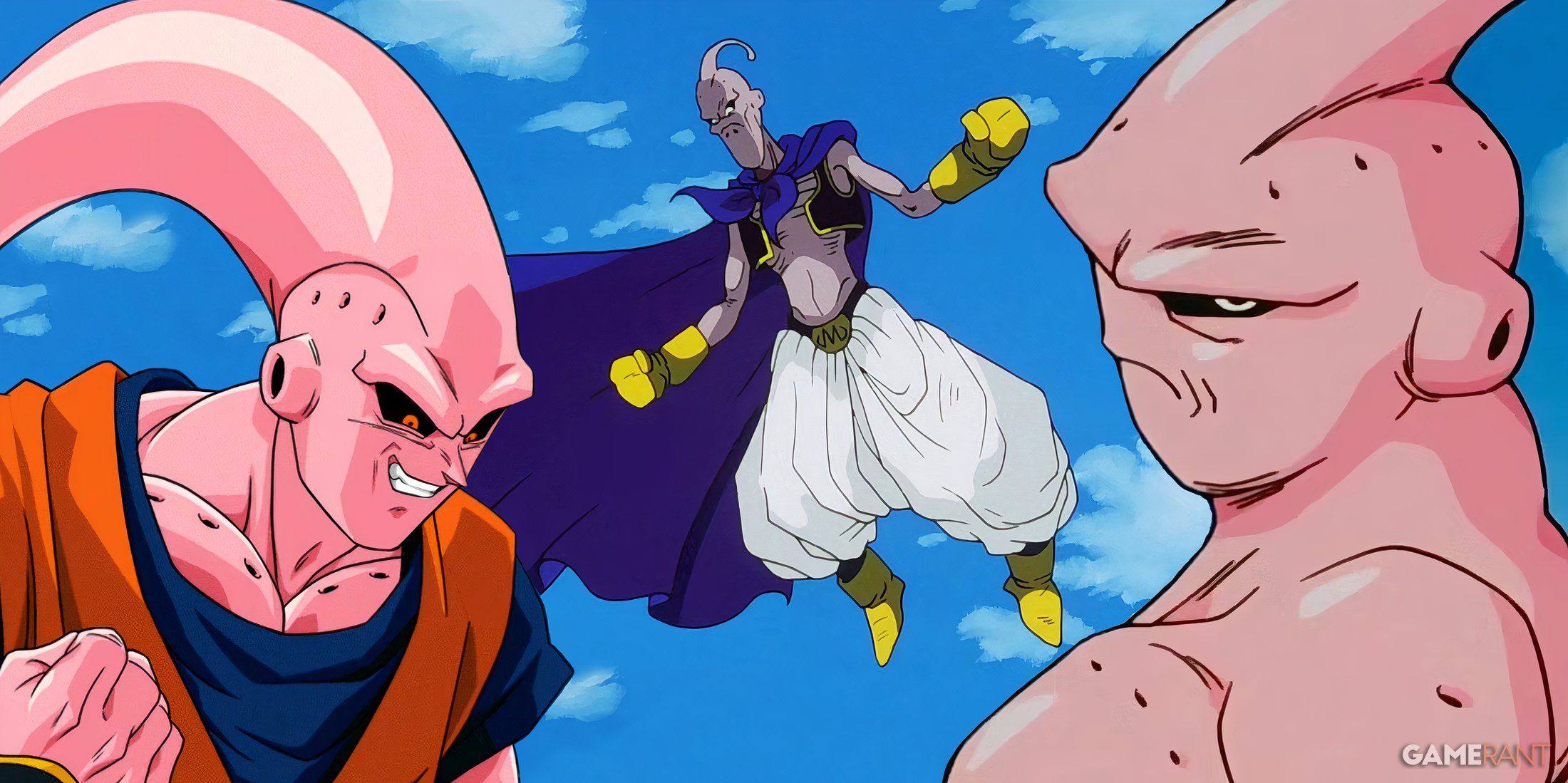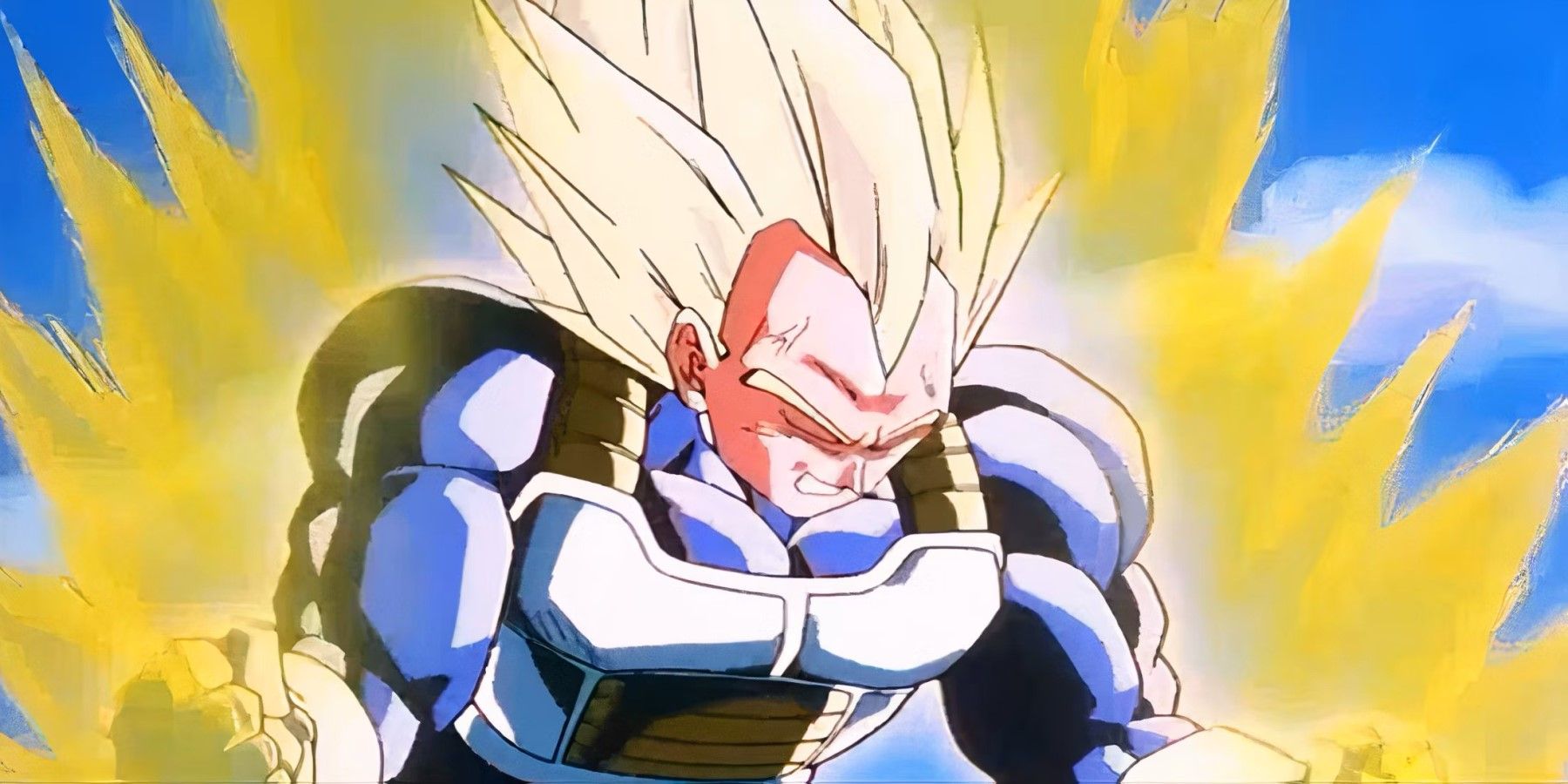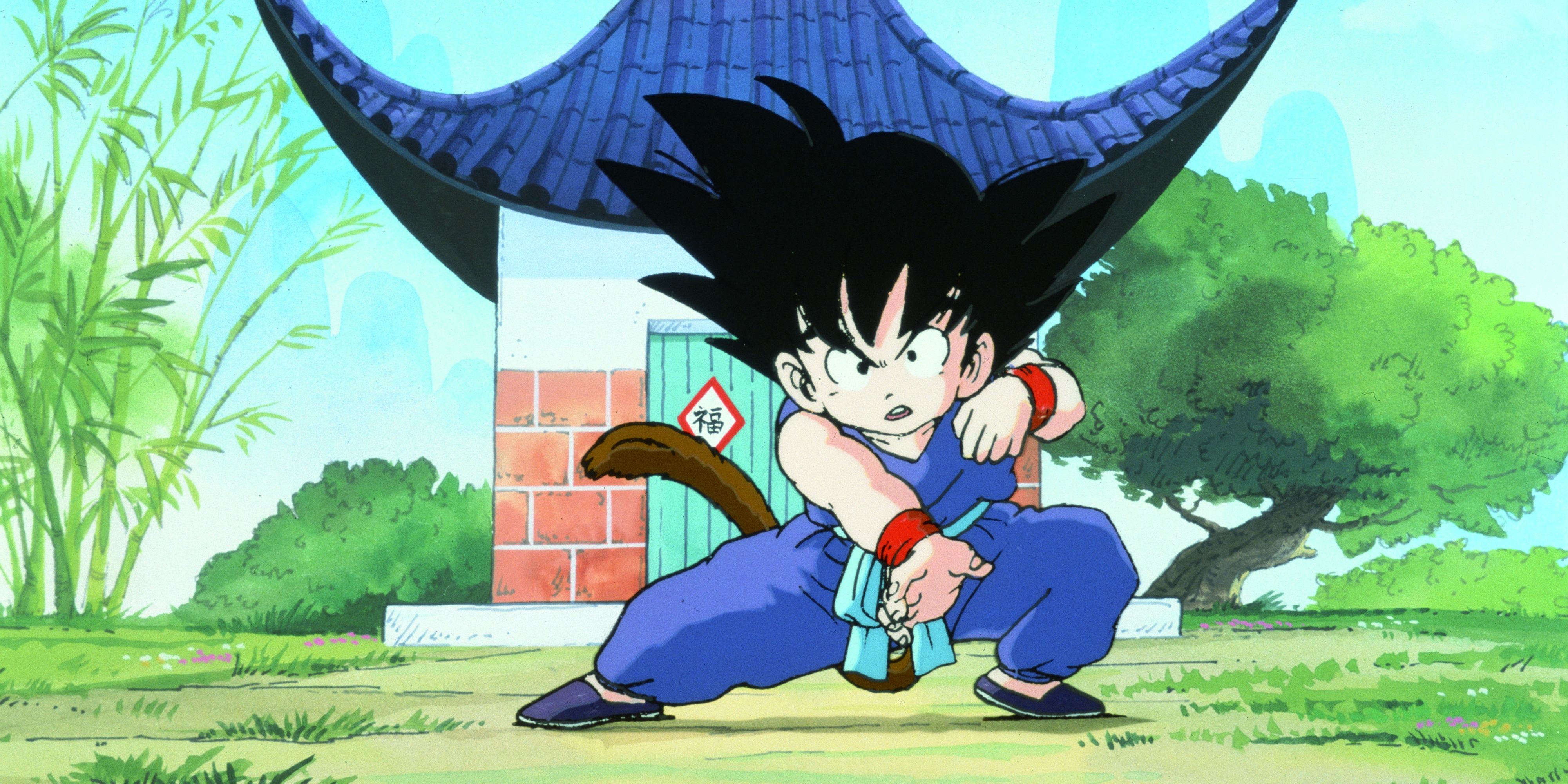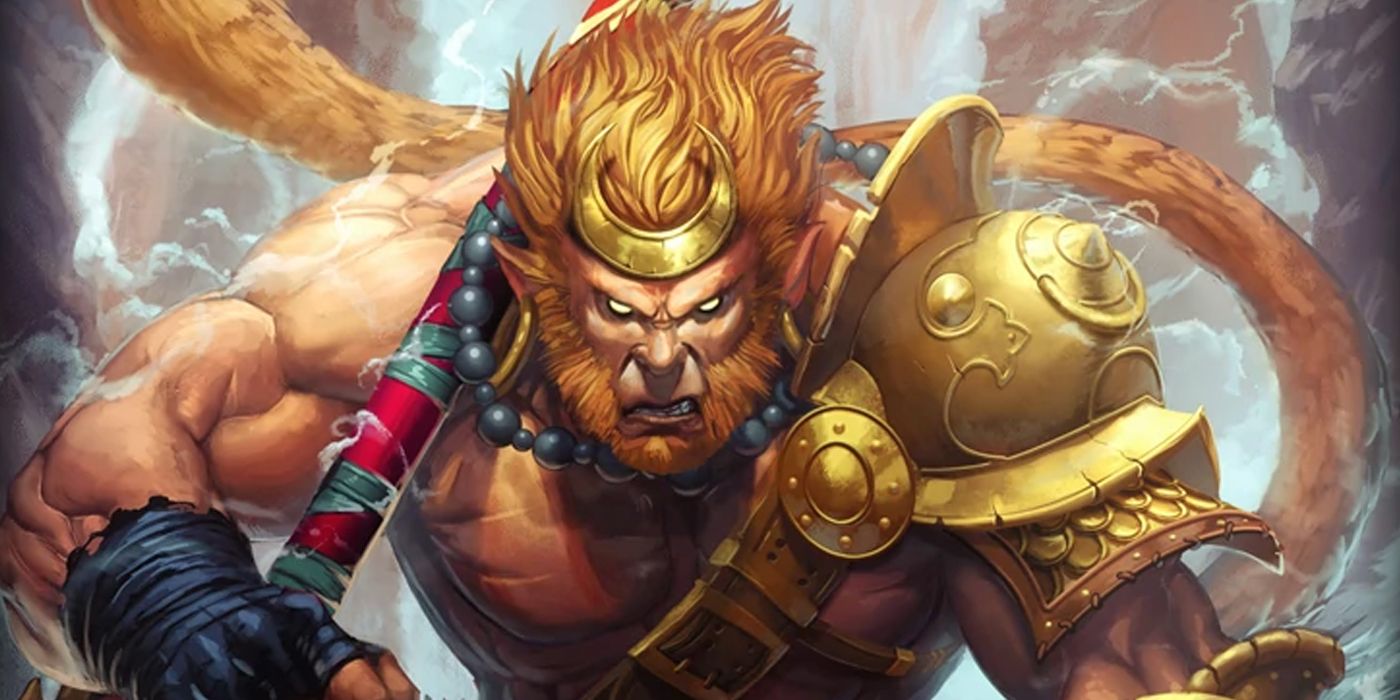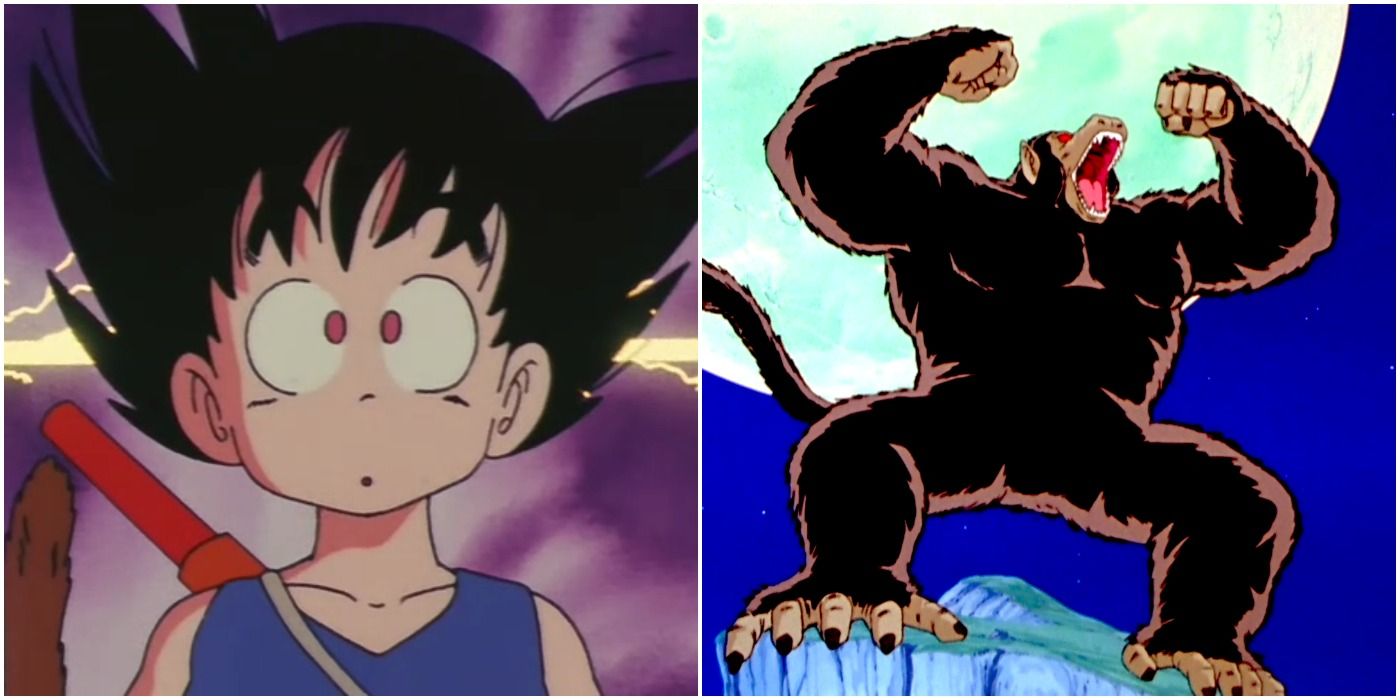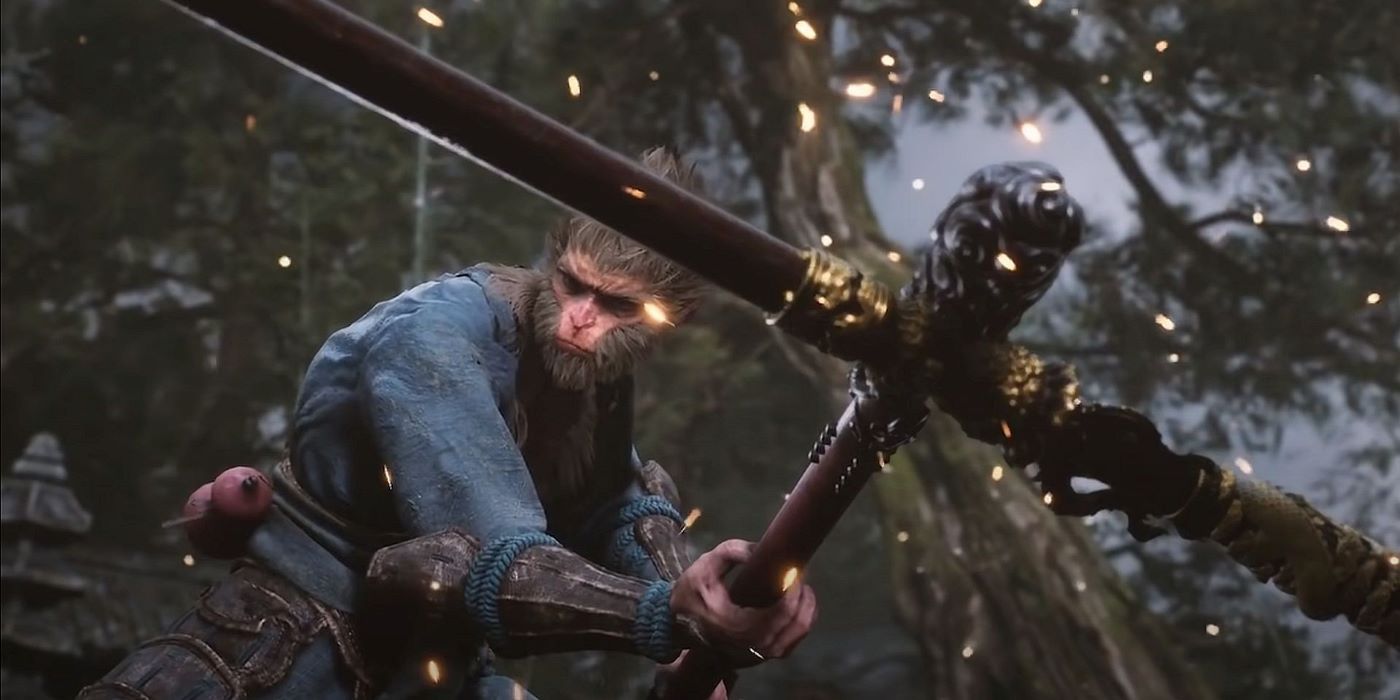Highlights
- Dragon Ball's protagonist, Son Goku, is heavily inspired by Sun Wukong, the Monkey King from ancient Chinese mythology, showcasing the influence of mythology on manga and anime characters.
- Both Sun Wukong and Son Goku share physical traits, such as a monkey-like appearance and a distinct tail, as well as magical weapons, displaying the parallels between the two characters.
- The themes of self-improvement, spiritual growth, and transformative journeys are prevalent in both characters, highlighting the universal appeal and enduring power of heroic narratives rooted in mythology.
The Dragon Ball franchise is a legendary manga and anime franchise that has blessed the global audience. The list of its contributions to the legacy of manga and anime is endless. However, one of the most important contributions of the Dragon Ball franchise to the said legacy is that it gave the anime world one of the most iconic protagonists of all time. It is quite a creative Herculean task to come up with an original character, especially a protagonist that has the potential to become one of the best of all time.
This is where Akira Toriyama reflected his authorial genius by creating not only a franchise like Dragon Ball but also a protagonist like Son Goku. The inspiration to create the character of Goku came from a Chinese mythical character that is fairly popular in Chinese religion as well as popular culture. It is quite a common thing for manga creators or authors to use mythology and mythical characters as inspiration for the different characters in their works. Numerous characters in the manga and anime world are either heavily inspired by or based on famous mythical entities. Let's explore one such mythical legend that inspired Akira Toriyama to create Son Goku.
Sun Wukong
While Goku's story is one of galactic adventures and martial arts prowess, its roots can be traced back to ancient Chinese mythology and the legendary figure of Sun Wukong, the Monkey King. Son Goku's inception draws deep inspiration from Sun Wukong, the central character in the classic Chinese novel titled Journey to the West, written during the Ming Dynasty by the author Wu Cheng'en. The parallels between Sun Wukong and Son Goku are not merely coincidental; they offer a compelling narrative thread connecting the two tales across cultures and time.
The most obvious resemblance between the two is their physical appearance. Both characters share the traits of a monkey-like visage, adorned with a distinct tail. Sun Wukong, with his mischievous yet powerful nature, possesses immense strength and agility. Similarly, Son Goku, the Saiyan warrior, is known for his unwavering determination and incredible fighting abilities, growing stronger after each battle. Moreover, both Sun Wukong and Son Goku wield a magical staff. Sun Wukong's Ruyi Jingu Bang, a staff capable of changing size, is echoed in Goku's Power Pole, which possesses similar mystical properties and aids him in combat.
From Sun Wukong To Son Goku
Encounters with diverse allies and formidable adversaries mark the journey and adventures of both characters. Sun Wukong traveled with a group of companions, including a monk, Pigsy, and Sandy, embarking on a quest to obtain sacred scriptures. Similarly, Goku's journey in Dragon Ball sees him surrounded by a colorful array of friends, each contributing their unique skills and personalities to his quest for the Dragon Balls, the source of immense power. One of the most intriguing connections between the two is the idea of transformation. Sun Wukong could change into 72 different forms, reflecting his mischievous and resourceful nature. Similarly, Goku's Saiyan heritage allows him to transform into various Super Saiyan forms, each representing a significant increase in power and abilities.
The thematic underpinning of seeking self-improvement and enlightenment is prevalent in both characters. Sun Wukong's journey was not just a physical one, but also a quest for spiritual growth and wisdom. Similarly, Goku's pursuit of becoming stronger, both physically and morally, drives the overarching narrative of Dragon Ball. The influence of Sun Wukong extends beyond character traits to thematic motifs and narrative arcs. Dragon Ball's portrayal of otherworldly realms, martial arts, and supernatural elements draws from the rich tapestry of Chinese mythology, mirroring the fantastic realms and encounters found in Journey to the West. The enduring appeal of Son Goku can be attributed to the universality of the character's essence, rooted in the ancient legend of Sun Wukong. Across cultures, generations, and geographies, the archetype of a heroic figure embarking on a transforming journey has resonated deeply with audiences.
A Homage To Mythology
The homage to Sun Wukong in Dragon Ball not only pays tribute to a revered mythological character but also serves as a testament to the enduring power of storytelling and the timeless allure of heroic narratives that transcend cultural boundaries. The legacy of Sun Wukong lives on through the endearing character of Son Goku in the Dragon Ball franchise. The parallels in their characteristics, adventures, and underlying themes serve as a bridge between ancient mythology and contemporary pop culture, showcasing the enduring influence and inspiration derived from the rich tapestry of legends and folklore.
Several other famous anime and manga characters have been an outcome of inspiration by the various mythological characters, such as Boa Hancock who seems to have been inspired by the Gorgons from Greek mythology; the Nine-tailed fox from the Naruto franchise was inspired by trickster foxes called Kitsune in Japanese mythology. The mythologies have rendered a rich and great source of inspiration for manga and anime characters as well as storylines in the past and even continue to do it to this day.
Dragon Ball Super is available to stream on Prime Video.

